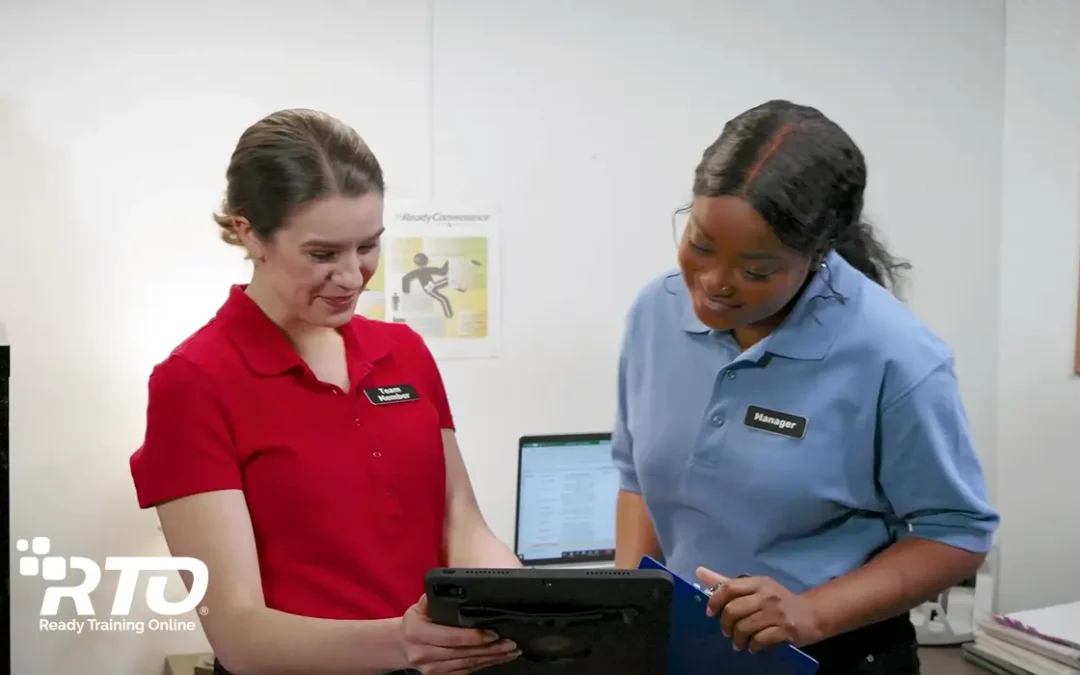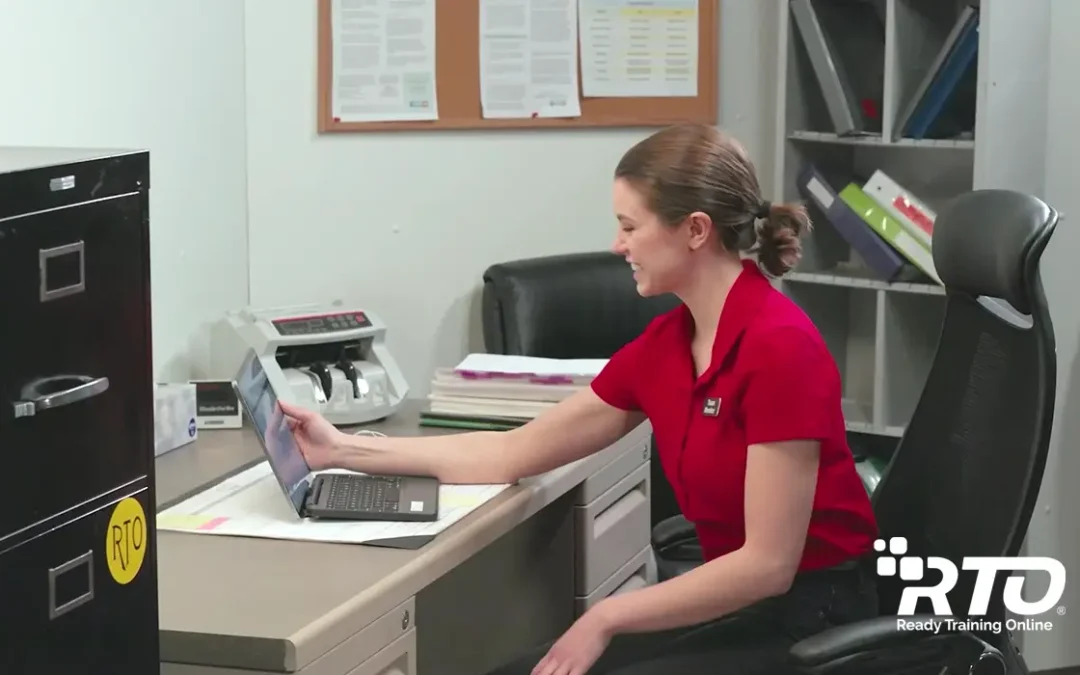In an ideal world, we would always get along with our coworkers and everyone on our team. Unfortunately, that is not usually the case. Your team is full of diverse people, with diverse personalities, experiences, and opinions. You’re never going to agree with 100% of your coworkers and employees 100% of the time. The important thing to remember is to maintain a professional working environment and deal with your differences constructively.
7 Tips for Getting Along When You Disagree
While you may not agree with your coworkers or employees all the time, you can still maintain a positive working environment even when you disagree.
1. Remain professional: The most important thing to remember is even when you disagree, you should remain cordial and professional in all interactions – not just with the coworker you disagree with, but any time you speak about them as well. Always demonstrate respect for your teammates, so they know they should be doing the same.
2. Be open to other points of view: Sometimes there’s more than one solution to a problem. While you may prefer your idea, it’s important to still be open-minded during discussions and brainstorming. You may discover someone has a better idea than yours.
3. Avoid absolutes: Similar to above, you want to remain open-minded as much as possible and avoid the “my way or the highway” mindset. Try to remain flexible and don’t issue ultimatums or draw the line in the sand. Your corporate culture relies on employees trusting you when they need advice, and they won’t come to you if you’re seen as inflexible.
4. Keep it impersonal: When you disagree with someone, keep it professional and respectful, not personal. Do not attack the other person. Use facts and logic to back up your argument. Similarly, do not take their disagreement with you personally. Remember everyone comes from different backgrounds that inform their own points of view.
5. Listen to the other person: Take time to hear the other person’s logic or reasoning for their opinion. They may have very valid points in their argument that deserve to be heard. Do not interrupt them; allow them to express their thoughts and opinions and discuss the topic in a constructive manner. Make sure you really hear everything they’re telling you and try to understand where they are coming from.
6. Voice yourself with “I” statements: Communicating effectively is the foundation of workplace relationships. When expressing yourself in a disagreement, try not to sound accusatory. Express yourself with “I” statements – “I feel like…” “This is how I’m understanding you…” This will help maintain an open dialogue and not sound like you’re blaming or attacking the other person.
7. Focus on positives things: Dwelling on negative interactions with coworkers will only darken your mood and make you more irritable, which will trickle down and affect your entire team. Don’t focus on negative interactions with one team member, and don’t let that interaction influence your entire relationship with them. Focusing on the positives will benefit you and your own mindset and also help improve the team’s overall morale.
Train Your Team Leaders on Conflict Resolution
Unfortunately, conflict with team members is almost inevitable, and managing conflict is a difficult soft skill to acquire. Conflict resolution training – delivered through our trainingGrid® learning management system – can help train your leadership team on how to respond to situations when they arise and resolve them to reach a mutually satisfactory agreement.





